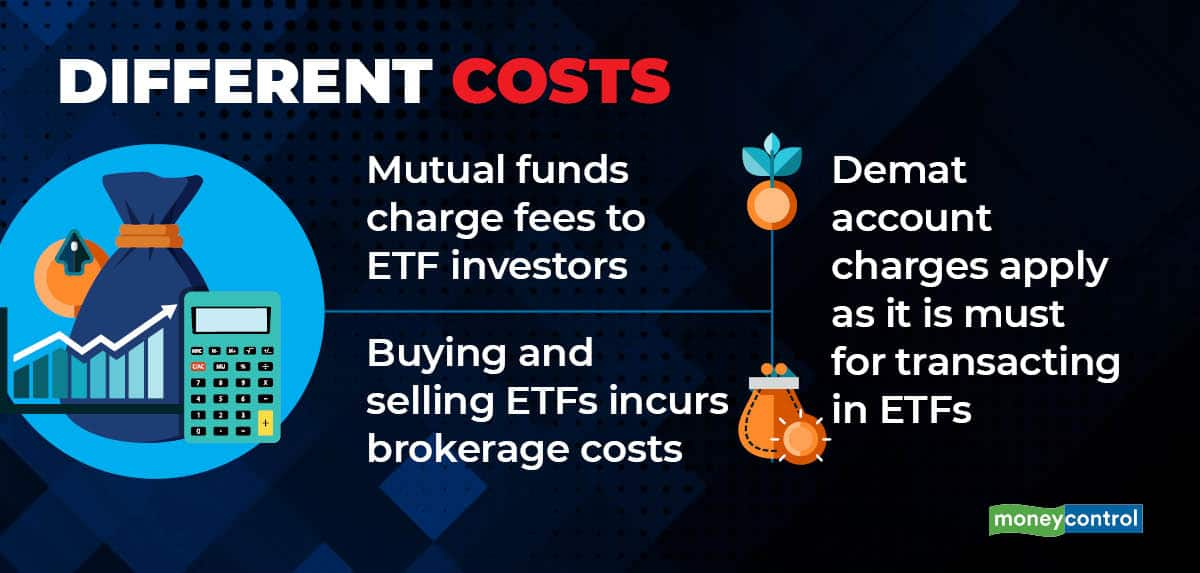personal-finance
What is the real cost of transacting in ETFs?
Aug 16, 04:08
Exchange traded funds (ETFs) get bought and sold on stock exchanges. So, apart from the total expense ratio (TER), ETF investors are also charged brokerages on their transactions. These costs finally depend on how your brokerage is structured. You need to also pay demat account charges as it is a must for trading in an ETF. Some brokers waive it off for active traders. If your ETF is not very liquid, you might also have to incur impact costs. This is the difference between price at which you want to trade and executed price. This happens when your ETF has low traded volumes and there are not enough buyers and sellers across different price points.
